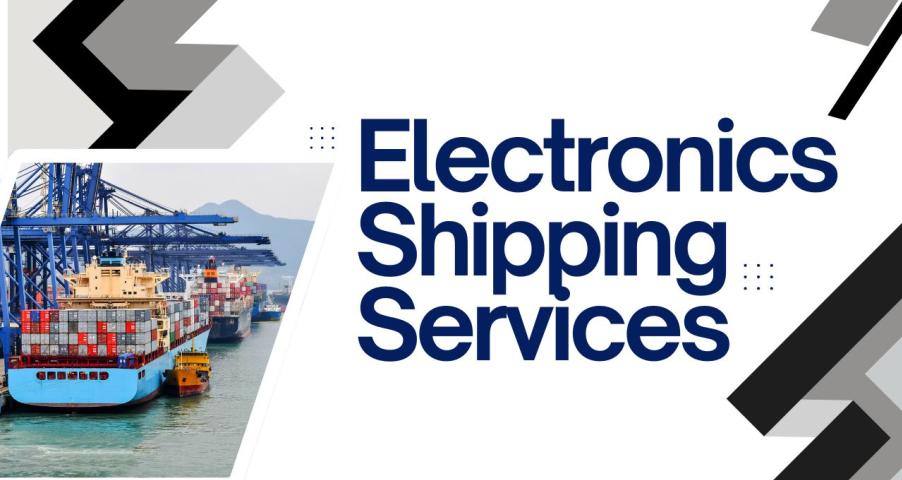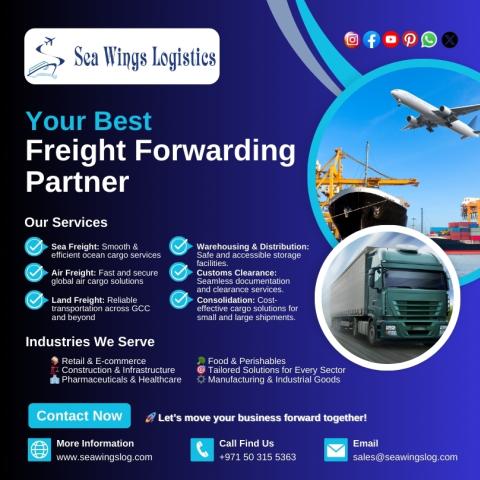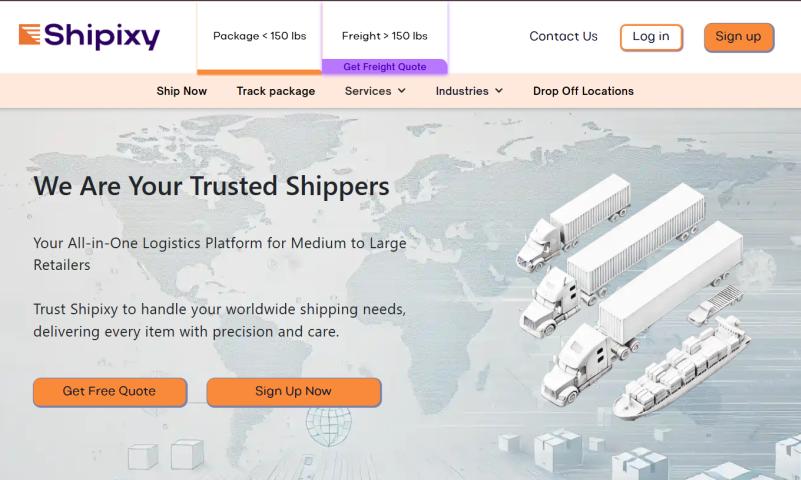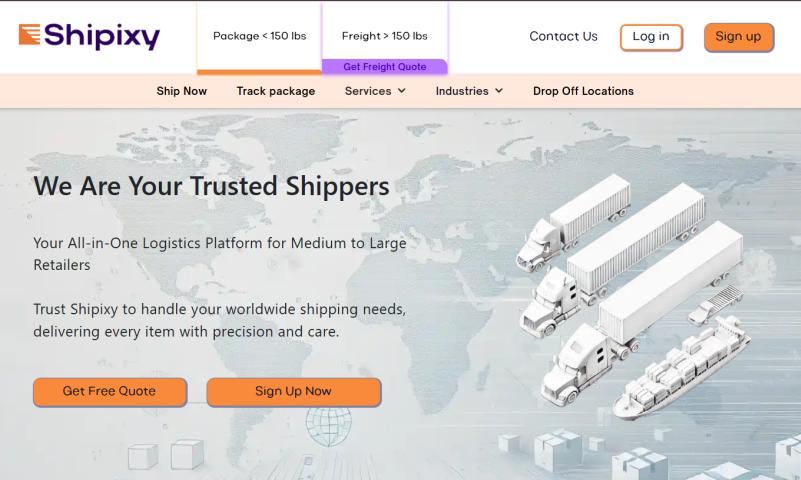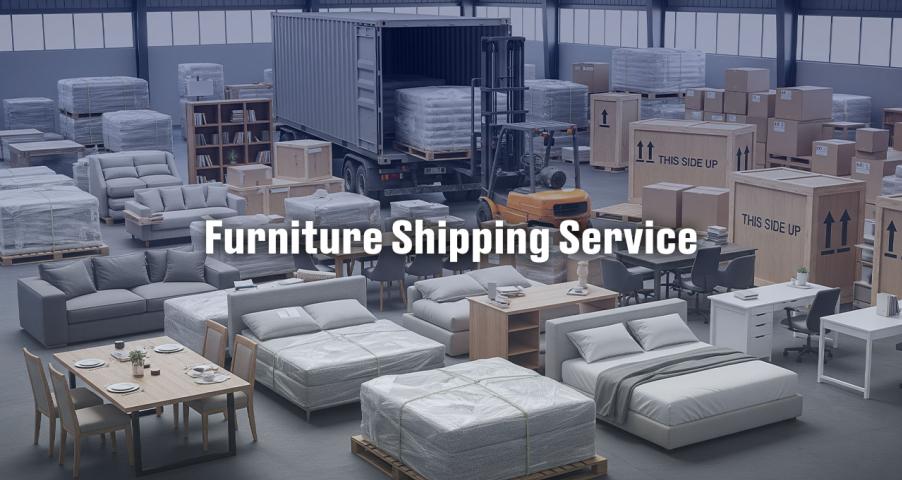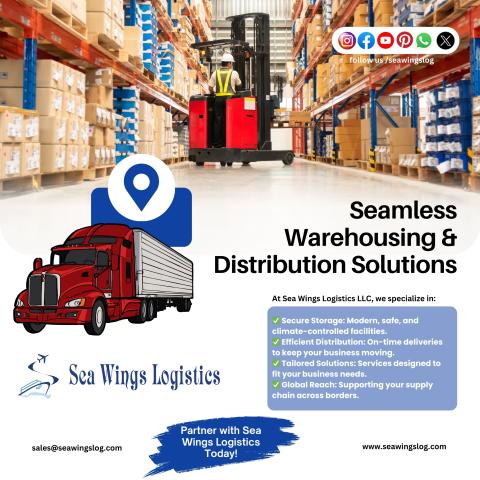Launching a new business in the transport and logistics sector involves far more than just having vehicles and a destination. Startups must develop a solid logistical framework to remain competitive, efficient, and scalable. Here are the essential logistics considerations every emerging company should prioritize from the outset:
1. Understanding Supply Chain Fundamentals
A clear grasp of supply chain processes is vital. Startups should analyze the full journey of goods—from sourcing and warehousing to delivery—identifying potential bottlenecks and areas for optimization. Understanding how each link in the supply chain affects cost and time is key to building resilience and efficiency.
2. Technology Integration
Investing in the right logistics software early can streamline operations significantly. Tools for route optimization, fleet tracking, inventory management, and automated invoicing are no longer optional—they're essential for scalability. Cloud-based solutions allow startups to remain agile and data-driven from day one.
3. Reliable Carrier and Supplier Relationships
Building strong relationships with carriers and suppliers ensures consistency and reliability. Startups should seek partners with flexible service options and transparent communication practices. Establishing long-term agreements can also help negotiate better rates and service guarantees.
4. Regulatory Compliance
Transport and logistics are heavily regulated industries. Whether dealing with freight classifications, customs documentation, safety standards, or emissions regulations, startups must stay compliant to avoid penalties and disruptions. Consulting with logistics legal experts can prevent costly mistakes.
5. Scalable Infrastructure
Designing operations with growth in mind is crucial. This means choosing adaptable warehouse spaces, modular delivery models, and IT systems that can handle increasing demand. Scalability also includes developing SOPs (standard operating procedures) that can evolve with the business.
6. Customer-Centric Delivery
Speed, transparency, and flexibility are top priorities for today’s consumers. Startups should prioritize last-mile delivery excellence and offer real-time tracking, flexible delivery windows, and responsive customer service. A seamless delivery experience can become a key differentiator.
7. Cost Control and Risk Management
Efficient logistics can drive profitability, but unexpected costs—from fuel fluctuations to shipment delays—can quickly erode margins. Startups must create detailed budgets, monitor KPIs, and establish risk mitigation strategies such as insurance and backup suppliers.
Conclusion
Logistics is the backbone of any transport-related startup. By focusing on these core elements from the beginning, emerging companies can position themselves for stability and long-term success in a highly competitive and fast-moving industry.



